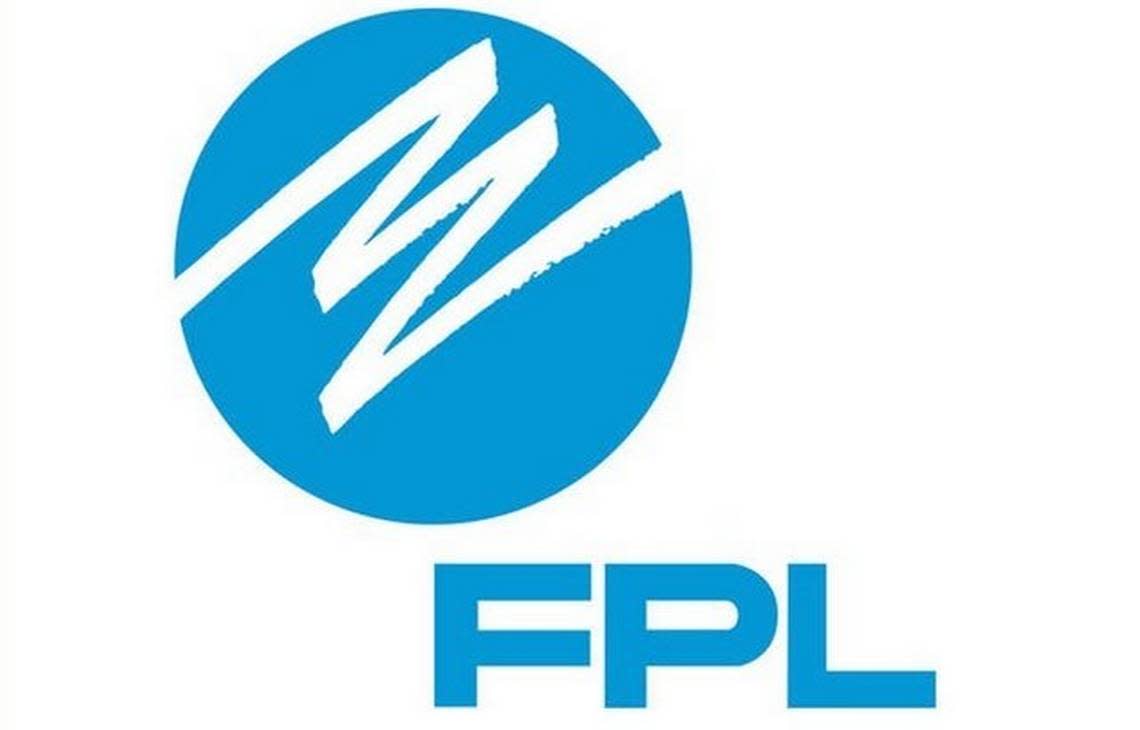Investment firm downgrades assessment of FPL parent company, citing Miami Herald report

After months of headlines documenting how Florida Power & Light has secretly sought to manipulate elections and bend news coverage in its favor, one investment firm downgraded its assessment of the electric utility’s parent company, NextEra Energy.
Seaport Global downgraded its stock recommendation for NextEra to ‘”neutral” from “buy,” citing “growing media scrutiny of FPL’s lobbying practices against distributed solar and retail choice.”
FPL, the country’s largest electric utility, has been in the news in recent months after leaked documents, mostly published in the Orlando Sentinel, showed how political consultants tied to the company have used a network of nonprofit groups to secretly back candidates in numerous Florida races. The so-called “ghost candidates” helped siphon away enough votes from Democrats to help Republicans retain control of the Florida Senate. Records indicate the company or its consultant was also behind the hiring of private investigators to surveil a journalist at the Florida Times-Union.
READ MORE: Powerbrokers: How FPL secretly took over a Florida news site and used it to bash critics
Additionally, the Miami Herald has reported extensively on the company’s lobbying efforts to legislatively undermine the benefits afforded customers who pay to install rooftop solar panels on their homes. The reporting has prompted FPL or its consultant to order up personal attacks on the Herald’s Tallahassee bureau chief, Mary Ellen Klas, in the Capitolist, a supposedly independent news site that FPL secretly controls.
FPL has denied its connection to the ghost candidate scheme and to surveillance of the Jacksonville reporter, but Seaport Global downgraded NextEra Tuesday following reporting by the Herald on Monday documenting how FPL had secretly bankrolled and controlled the content of the Capitolist, using it to defend the utility, advocate for legislative favors and attack FPL’s critics.
Seaport Global senior analyst Angie Storozynski wrote that “last night’s investigative report by the Miami Herald on FPL and a news website the Capitolist made us reassess FPL’s risks.
“We worry that the growing media scrutiny of FPL could lead to formal legal, political and/or regulatory inquiries into this regulatory utility, at a time when FPL’s 2021 rate case settlement is being challenged at the FL Supreme Court and NEE’s stock trades at a hefty P/E premium to peers.”
The assessment stops short of a recommendation that investors sell holdings in the company.
While Seaport is but one of a constellation of firms that analyze securities and make recommendations, its move represents a potential shift for the Juno Beach energy company, which has been a favorite of investors in recent years. It points to how a steady drumbeat of unfavorable news could, if it persists, ultimately damage the publicly traded company.
Over the past five years, the company’s stock price has more than doubled from just over $36 in late July of 2017 to more than $84 now. The company’s year-to-date performance hasn’t been as impressive, falling roughly 7% from a high above $91 at the beginning of the year, but its decline has been less steep than that of the S&P 500, which has lost 15% of its value in the same time period.
NextEra declined to comment on the stock downgrade.
“As a matter of policy, we do not comment on stock-related matters,” said company spokesperson Debbie Larsson.
Diego Garcia, a business professor at the University of Colorado at Boulder who has studied the relationship between news coverage and stock prices, says that, for the most part, all news is good news for companies.
“Investors see your name on CNBC and the Wall Street Journal and they think about buying,” he said.
But recent coverage of FPL has been different, he says.
“Something like this is pretty extreme,” he said.
While he believes NextEra could face a longer impact because of the amount of negative coverage it has faced, he said that the impact in most cases usually blows over with time.
NextEra’s stock price experienced a small dip from the close of the market Monday until the close of the market Tuesday, closing Tuesday at just under $80 a share, but by Friday morning the stock was back to $84.54.
